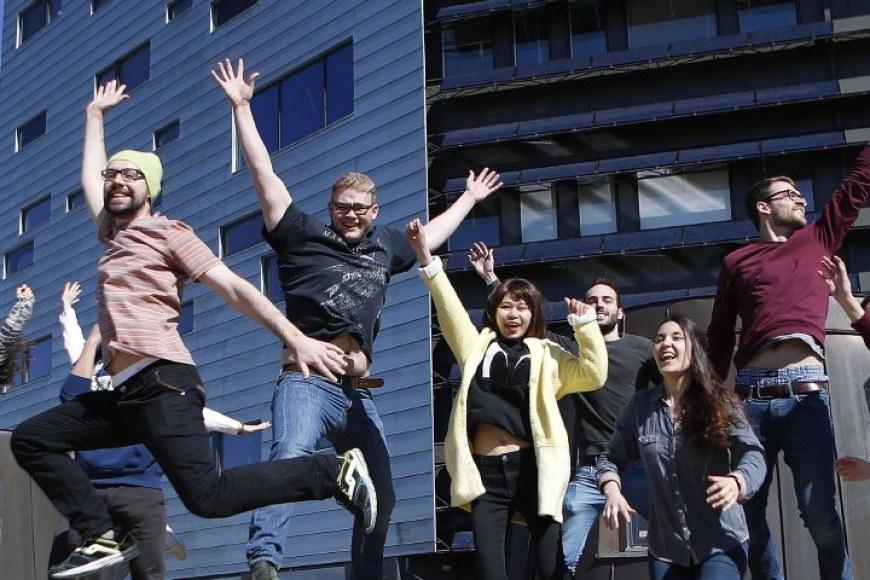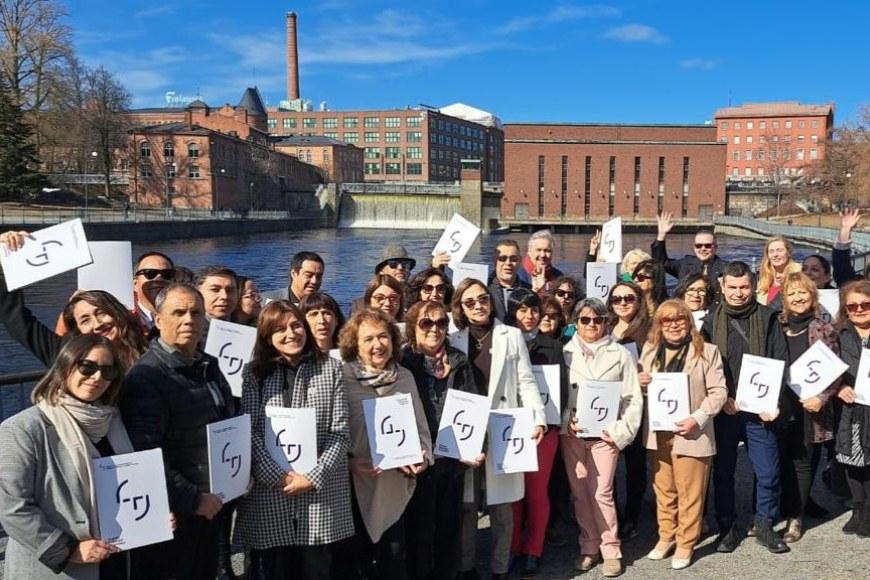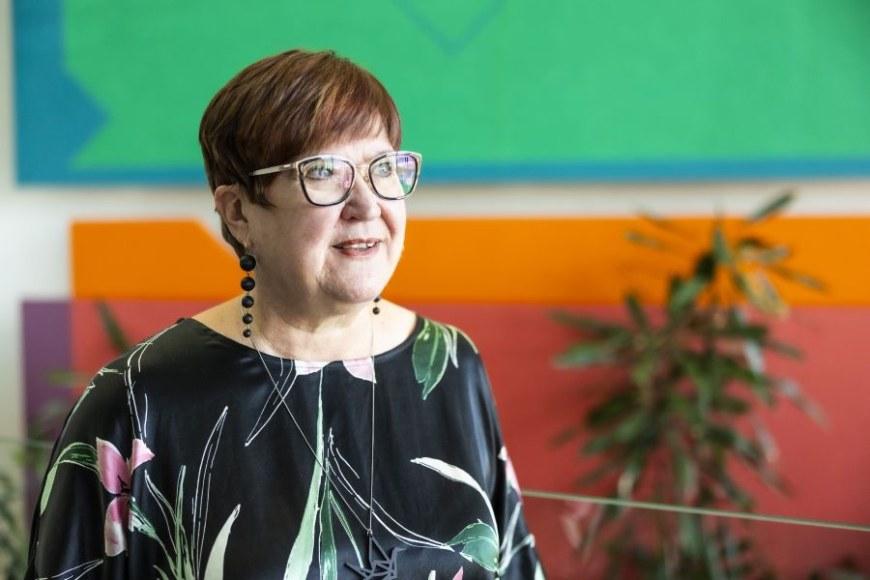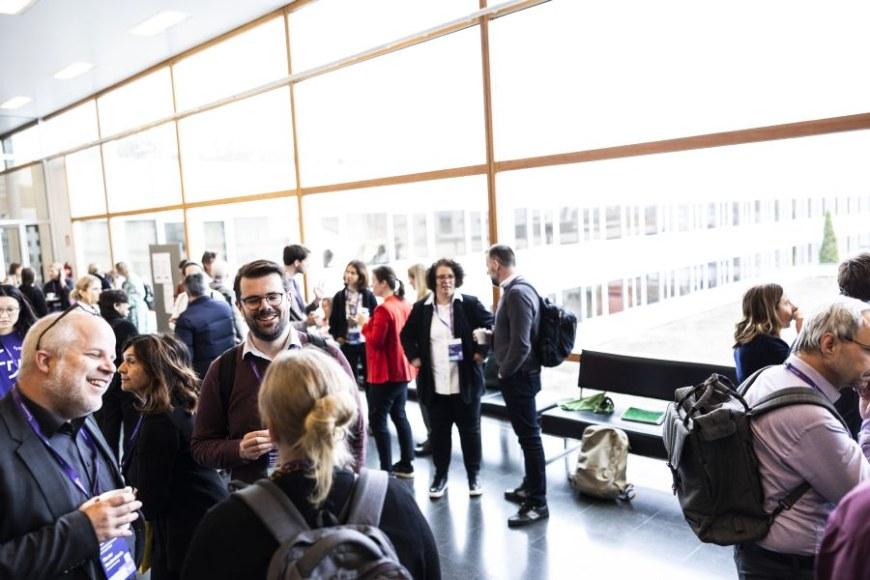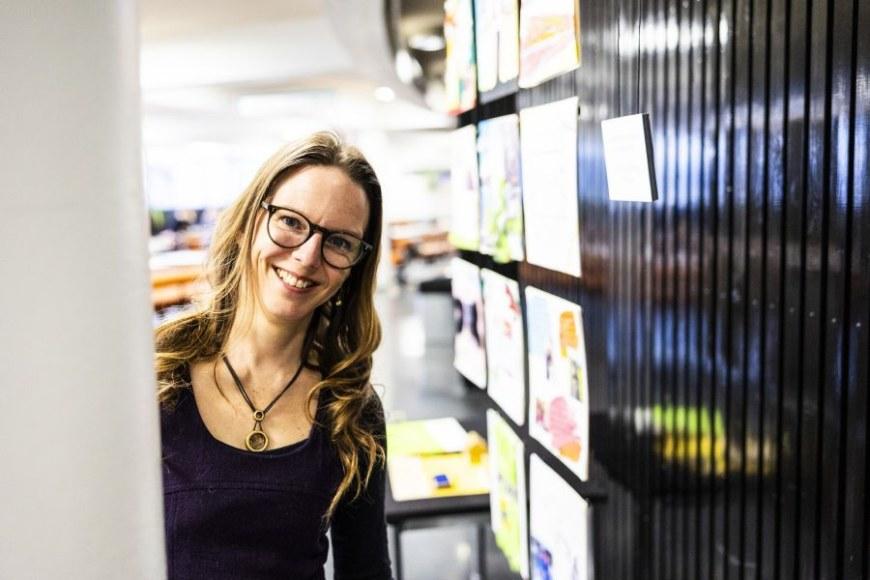Rapidly developing technology brings an element of surprise to national security
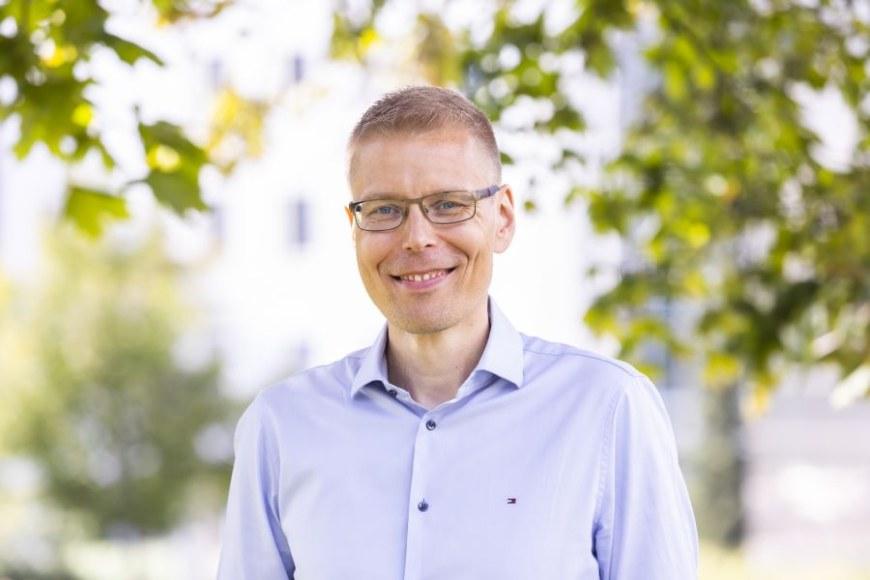
At the beginning of August, Vuorisalo started working as Professor of Practice at the Faculty of Management and Business of Tampere University. The five-year post is the first of its kind in Finland.
The international security environment is changing dramatically due to the growing geopolitical competition between the major powers and rapid technological change.
“Finland’s operational and security environment is changing fast in multiple dimensions. Understanding the change and new operational possibilities requires new types of research and research cooperation,” Vuorisalo says.
At the same time, new approaches are needed to strengthen national security and the associated knowledge and expertise base.
Complex future requires new forms of cooperation
Vuorisalo wants to increase understanding of how new technologies are transforming new strategic opportunities, dependencies, and vulnerabilities.
According to Vuorisalo, the impact of rapidly evolving information technologies needs to be addressed quickly at national level.
“We are in a good place right now, but we must understand the impact of technological change on the interdependencies between security actors and find new ways to respond to the changes together. The future is so complex and unpredictable that none of us – public and private sectors or the academia – can manage the change alone,” Vuorisalo points out.
Data flows construct reality
Vuorisalo’s key message is that technological development has long since ceased to be driven by government actors, and that new digital solutions created by businesses are shaping our everyday lives and behaviour. As a result, data that is vital for national security is often beyond governments’ reach.
“The Finnish state guarantees the security of its citizens everyday life in all traditional security aspects, but our changing behaviour makes security increasingly vulnerable to the influence of digital platforms,” Vuorisalo explains.
How should we act in this new world, where our reality is increasingly influenced by these data flows rather than official decisions?
“When we are faced with so much change, we need to acknowledge the facts and have an open debate on how we can adapt to the change. We run the risk of being just carried along by global developments, which are difficult for Finland or the EU to influence,” Vuorisalo notes.
New instruments of power are being created
Vuorisalo would like to bring this situation to his future students’ attention.
“First of all, I would like to make students aware that this is – and I hesitate to use the word – a power game. Power is a multidimensional phenomenon, but in sum: as humanity, we are creating new instruments of power, and we need to wake up to them, not only to understand them, but also to influence the forms they take and the forms they are allowed to take,” Vuorisalo explains.
“Another thing is that we also need to become aware of how these things affect each of us,” Vuorisalo says.
For example, searching for information online is now completely natural and the results are rarely questioned. This is why, for example, comprehensive education and training are becoming increasingly important for national security.
“What is our way of doing things in today’s world? To ensure security, we have always had to run to stay in place. Now, new technologies are changing both our pace and the running surface, so we must rethink our approach to adapt to the new reality. If we do not do this work ourselves, we will be left behind and someone else will do it for us,” Vuorisalo points out.
Experience brings added value
Vuorisalo knows what he is talking about. He holds a PhD in international relations from the University of Tampere (2012), is a Visiting Senior Research Fellow at King’s College London’s Department of War Studies, is responsible for Accenture’s Finnish national security accounts and heads the company’s Tampere office.
“For more than twenty years, I have worked on various issues of power and technology in academia and the corporate world,” Vuorisalo says.
He has also worked as a peacekeeper in Bosnia, first in a NATO-led operation and then building up an EU-led crisis management operation in the region. While writing his Master’s thesis on the Middle East, he studied in Jerusalem.
"If I think about the added value I can bring to my post, it is the first-hand experience I have gained,” he says.
Photo: Jonne Renvall
